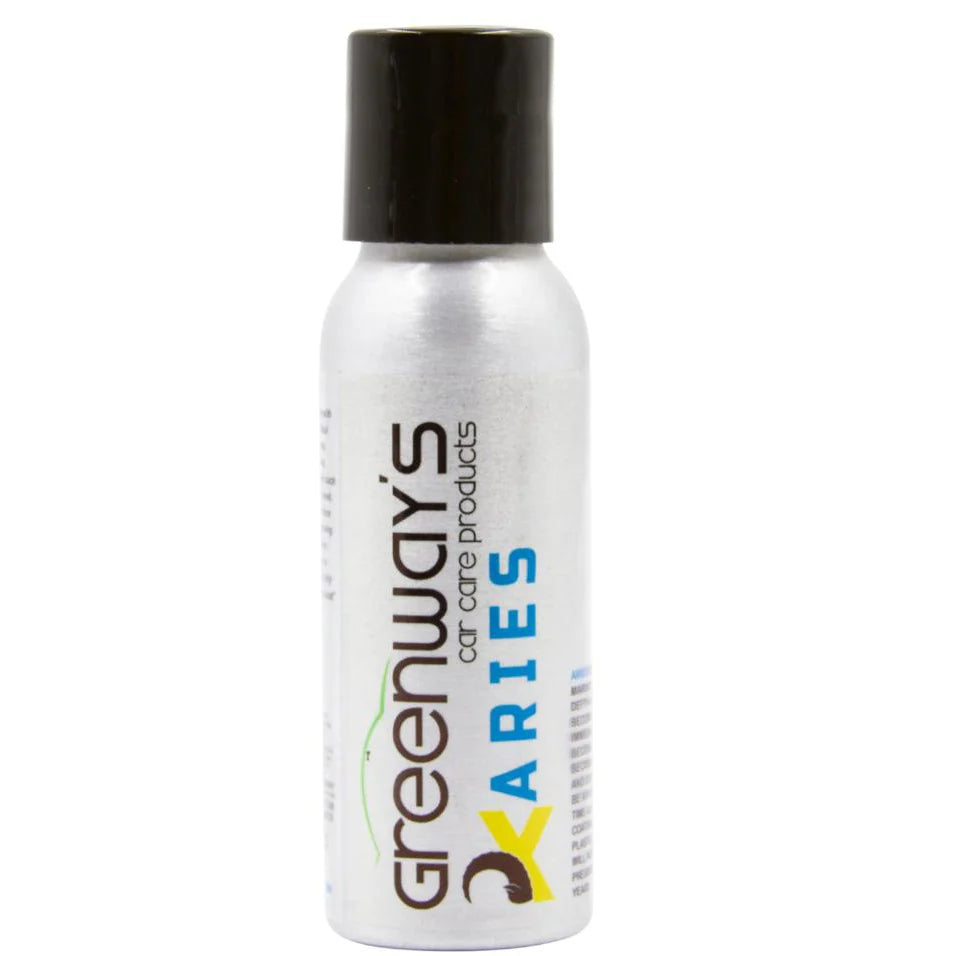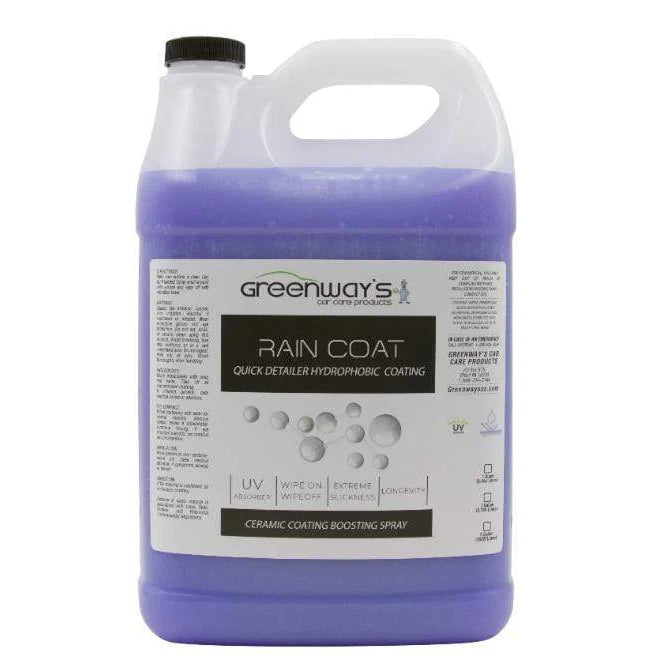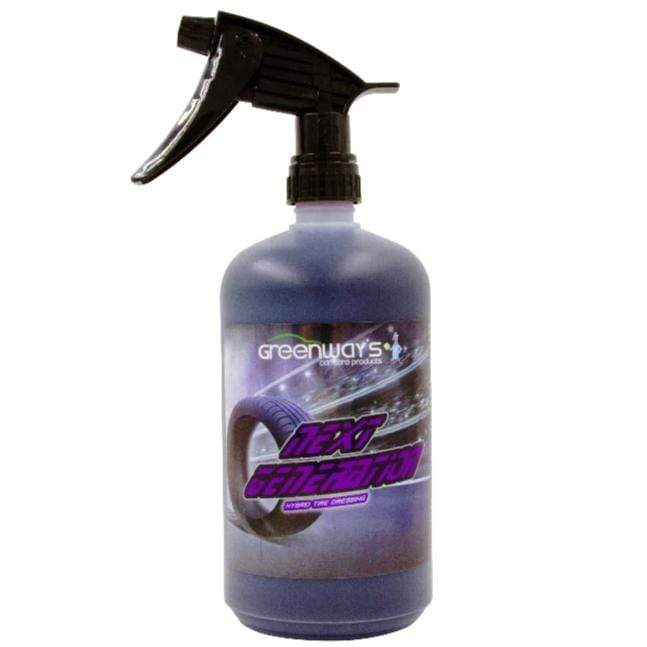Polymer Coating or Ceramic Coating Which is Right for Your Car

When it comes to protecting your car’s exterior, two of the most popular options are polymer coating and ceramic coating. Both offer long-lasting protection and a glossy finish, but they differ in terms of formulation, application, and benefits. If you’re a car enthusiast or owner looking to maintain the beauty of your vehicle for years to come, it’s important to understand which option is best suited for your needs. In this article, we’ll break down the key differences between polymer coatings and ceramic coatings, helping you make an informed decision for your car care routine.
What is Polymer Coating?
A polymer coating is a synthetic product designed to create a protective layer on the surface of your car. It is primarily composed of polymers that bond to the paintwork, forming a protective shield against contaminants like dirt, water, and UV rays.
Key Benefits of Polymer Coating:
- Protection from the Elements: Polymer coatings form a hydrophobic surface, repelling water, dirt, and other contaminants. This helps your car stay cleaner for longer.
- UV Protection: By shielding the paint from harmful UV rays, polymer coatings prevent the color from fading and oxidizing.
- Glossy Finish: Polymer coatings enhance the depth and shine of your vehicle’s paint, giving it a smooth and glossy appearance.
- Durability: Polymer coatings typically last for several months, providing long-lasting protection with proper care.
Polymer coatings are often more affordable and easier to apply compared to ceramic coatings, making them a great option for car owners looking for a quick and cost-effective solution.
Explore our full range of polymer coatings and car care products in the New Products collection.
What is Ceramic Coating?
Ceramic coating, on the other hand, is a liquid-based solution made from silica and quartz. It bonds with your car’s paint to create a much harder and more durable layer of protection. Ceramic coatings are known for their long-term effectiveness and are a favorite among car enthusiasts who want top-tier protection.
Key Benefits of Ceramic Coating:
- Superior Durability: Ceramic coatings create a much harder layer of protection compared to polymer coatings, offering long-lasting protection against environmental contaminants.
- Hydrophobic Properties: Like polymer coatings, ceramic coatings create a highly hydrophobic surface, repelling water and reducing water spots.
- Scratch Resistance: The hardness of the ceramic layer makes the paint more resistant to light scratches and swirl marks, helping maintain the car’s pristine appearance.
- Self-Cleaning Effect: The smoothness of the ceramic coating means contaminants are less likely to stick to the surface, making washing your car easier and reducing the frequency of detailing sessions.
While ceramic coatings offer superior protection, they tend to be more expensive and require a more complex application process.
Check our premium ceramic coatings and other car detailing products in the New Products collection.
How Does Polymer Coating Compare to Ceramic Coating?
Durability
When it comes to durability, ceramic coatings generally outperform polymer coatings. A well-applied ceramic coating can last up to 2-5 years, depending on environmental factors and maintenance. In contrast, polymer coatings typically last between 3-12 months, requiring reapplication more frequently.
Protection Against Contaminants
Both polymer coatings and ceramic coatings offer protection against dirt, water, and contaminants, but ceramic coatings provide a more robust defense. Due to the hardness of the silica-based layer, ceramic coatings can better withstand harsh elements, offering enhanced protection from scratches, chemical stains, and other damage. Polymer coatings are effective at repelling water and dirt but aren’t as effective at resisting contaminants like tree sap or bird droppings.
Ease of Application
Polymer coatings are easier and faster to apply compared to ceramic coatings. Most polymer coatings can be applied at home with minimal preparation and skill, making them a great choice for DIY car enthusiasts. Ceramic coatings, on the other hand, require a more detailed application process, often requiring professional help to achieve the best results. Ceramic coatings also require proper surface preparation, including paint correction, to ensure the coating bonds correctly.
Cost
Polymer coatings are generally more affordable than ceramic coatings. While polymer coatings offer great protection, their lower price point makes them an attractive option for car owners who want effective protection on a budget. On the other hand, ceramic coatings are more expensive due to their superior protection and longer-lasting results.
Which Option Is Right for You?
Deciding between polymer coatings and ceramic coatings depends on several factors, including your budget, how much time you’re willing to invest in the application process, and the level of protection you’re seeking. Here’s a quick guide to help you decide which option is best suited for your vehicle:
- Choose Polymer Coating If:
- You’re looking for a cost-effective solution.
- You prefer a simpler and quicker application process.
- You want good protection for up to a year.
- You want a glossy finish but are okay with needing to reapply the product occasionally.
- Choose Ceramic Coating If:
- You want superior protection and long-term durability.
- You’re willing to invest more time and money for a premium result.
- You’re looking for scratch resistance and a longer-lasting hydrophobic effect.
- You don’t mind a more complex application process.
Both polymer coatings and ceramic coatings provide excellent benefits, so the choice depends on your specific needs and preferences. If you want a balance of durability and cost-effectiveness, polymer coatings are a great choice. However, if you’re seeking the highest level of protection and don’t mind spending more for it, ceramic coatings are worth the investment.
Both coatings offer excellent protection for your car’s paintwork, but they serve different purposes. Polymer coatings are an affordable, user-friendly option that provides good protection for up to a year, while ceramic coatings offer a higher level of durability and long-lasting performance for those willing to invest more in their vehicle’s care. No matter which option you choose, both coatings will help keep your car looking great while protecting it from the elements.
When it comes to car detailing products and car care products, Greenway's ensuring you select the right protection for your vehicle is crucial. Whether you go with a polymer or ceramic coating, both options can help maintain your car’s finish and reduce the time and effort spent on maintenance.
Explore our full range of car detailing products in the New Products collection.


